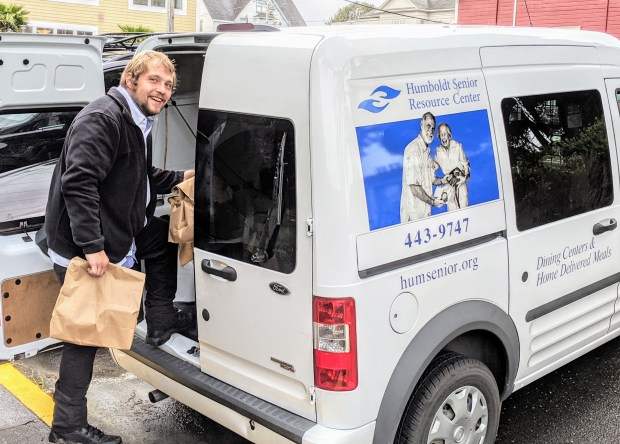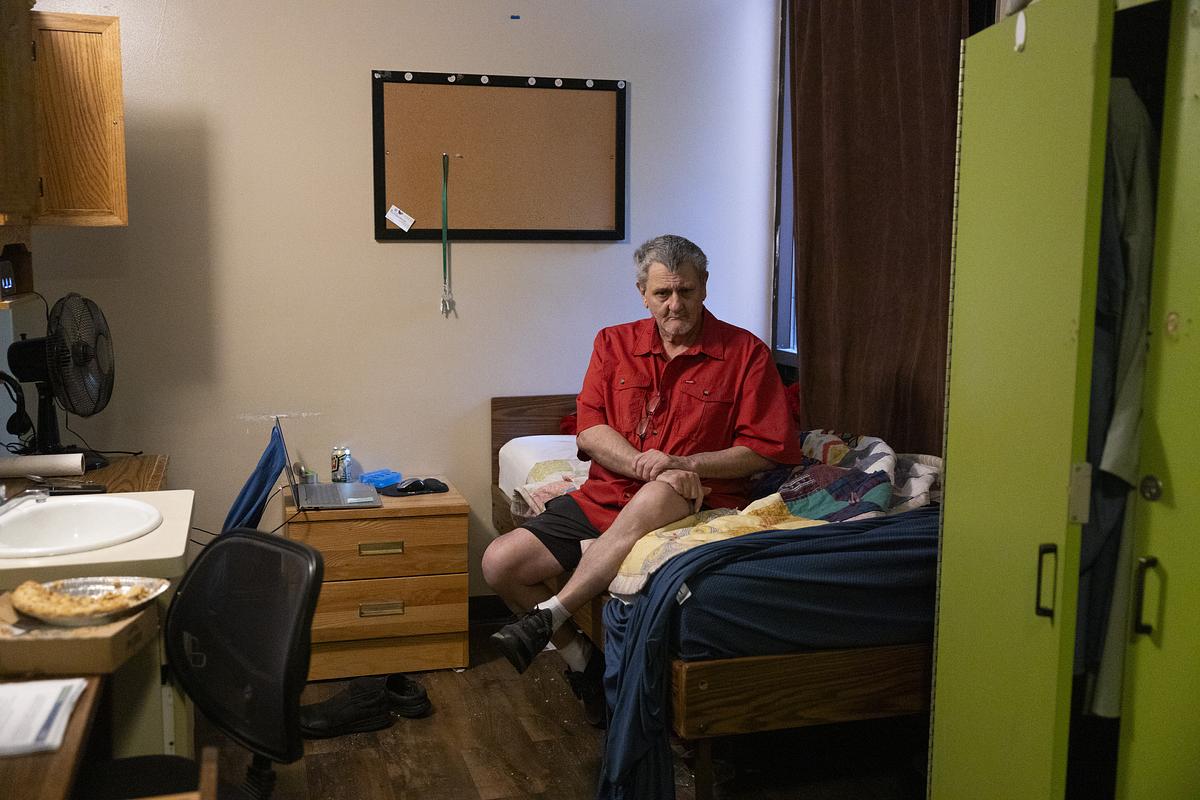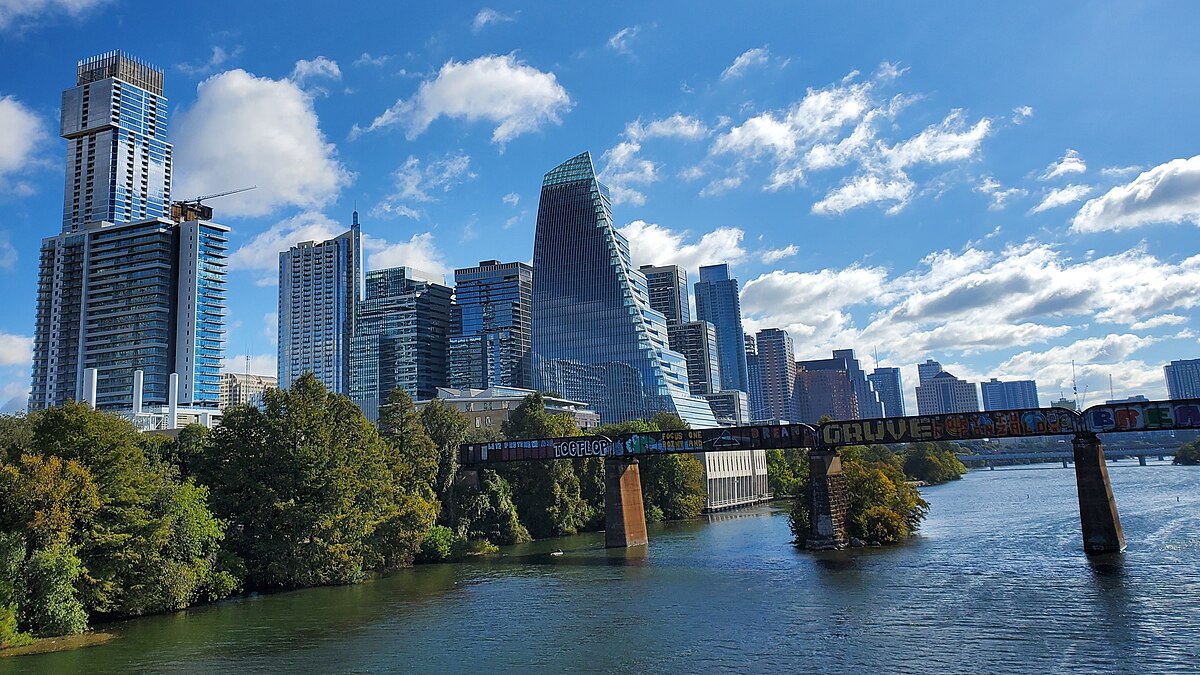Friends and Colleagues Raise Over $40K for UPMC Nurse Attacked by Patient

Travis Dunn's Recovery and the Call for Workplace Safety
Travis Dunn, a patient care technician at UPMC Altoona, has been released from the hospital after being severely injured in an attack by a patient. His recovery is now taking place at home, with continued support from his employer. "I am pleased to share that Travis Dunn, our patient care technician injured in the horrific attack on Saturday, has been released from the hospital and will be continuing his recovery at home with continued support from us," said Mike Corso, president of UPMC Altoona, in a statement.
Dunn was attacked in the emergency room, where he suffered a fractured skull, bleeding on the brain, and other serious injuries. The incident left him unconscious and required immediate medical attention. While recovering at UPMC Presbyterian Hospital in Pittsburgh, friends and colleagues began raising funds for his medical expenses. A GoFundMe page was created, which has raised over $40,000 — close to its $60,000 goal.
UPMC has assured that Dunn will receive full pay and benefits during his recovery and will not need to use any paid time off. Worker’s compensation is already in place, with a priority process for insurance claims and no out-of-pocket expenses for the employee.
A Growing Concern: Workplace Violence in Healthcare
The incident has sparked renewed calls for action from UPMC Altoona employees, who have long expressed concerns about the increasing violence in healthcare settings. Nurses and staff have reported daily incidents of verbal or physical assaults, with some describing the current situation as a crisis.
Jaime Balsamo, a nurse at UPMC Altoona, shared her frustration with Pittsburgh's Action News 4 reporter Sheldon Ingram. "We've been telling UPMC for years that we need more safety measures implemented, and we kept saying something bad is going to happen, and it did." Leann Opell, another nurse, echoed these sentiments, stating that the recent attack was the worst she had seen.
State Rep. Bridget Kosierowski, a co-sponsor of the Pennsylvania Healthcare Workplace Violence Prevention Act, has also spoken out. Although the bill passed the House in May, it has yet to move forward in the state Senate. Kosierowski highlighted the dangers faced by healthcare workers, citing incidents such as a man entering an intensive care unit with a gun and using it against staff.
Recommendations for Safer Workplaces
Employees at UPMC Altoona are urging administrators to take stronger steps to prevent future attacks. Some of the recommendations include:
- A full and transparent investigation into the incident, including how and why current safety protocols failed, and what measures could have prevented it
- A clear, enforced zero-tolerance policy for violence or threats against healthcare workers — by patients, visitors, or staff
- Posted signs in every area of the hospital that assaulting a healthcare worker is a felony
- Panic alarms installed in every patient care area
- Metal detectors installed at all patient and visitor entry points
- Enhanced security presence and faster response times, particularly in high-risk areas such as the ER, and during off-peak hours
- Mandatory de-escalation and workplace safety training for all staff, with regular refreshers
- Comprehensive support for affected employees, including paid leave, trauma counseling, and legal or workers’ compensation assistance as needed
- Direct involvement of frontline employees and union representatives in developing and implementing safety improvements
UPMC's Response and Commitment to Safety
In response to the incident, UPMC Altoona released a statement emphasizing their commitment to a safe environment. "We are committed to maintaining a safe environment in which to give and receive care. When any member of our UPMC family is injured, our first priority is their health, recovery, and well-being."
The statement also highlighted the swift actions taken by UPMC Police and Emergency Department teams, who arrived within 47 seconds of the initial contact. The assailant was arrested and transferred to Blair County prison without bail. UPMC has also mentioned ongoing efforts to enhance safety, including advanced education and de-escalation training, active drills, panic buttons, secure rooms, and enhanced facility entrance technologies.
Recent Updates and Community Support
On November 5, 2025, UPMC Altoona President Mike Corso sent an internal email addressing the incident. He reiterated the organization’s commitment to safety and provided clarity on the situation. "We are incredibly grateful for the swift, courageous response of our UPMC Police and Emergency Department teams, whose actions prevented further harm and ensured our colleague received immediate care."
The email also emphasized the importance of supporting affected employees, with resources available through CISM-ASAP, LifeSolutions, and Spiritual Care teams.
Friends and coworkers continue to show their support for Travis Dunn, with many expressing hope for his full recovery. As the healthcare community grapples with the growing issue of workplace violence, the incident at UPMC Altoona serves as a reminder of the urgent need for systemic change.






